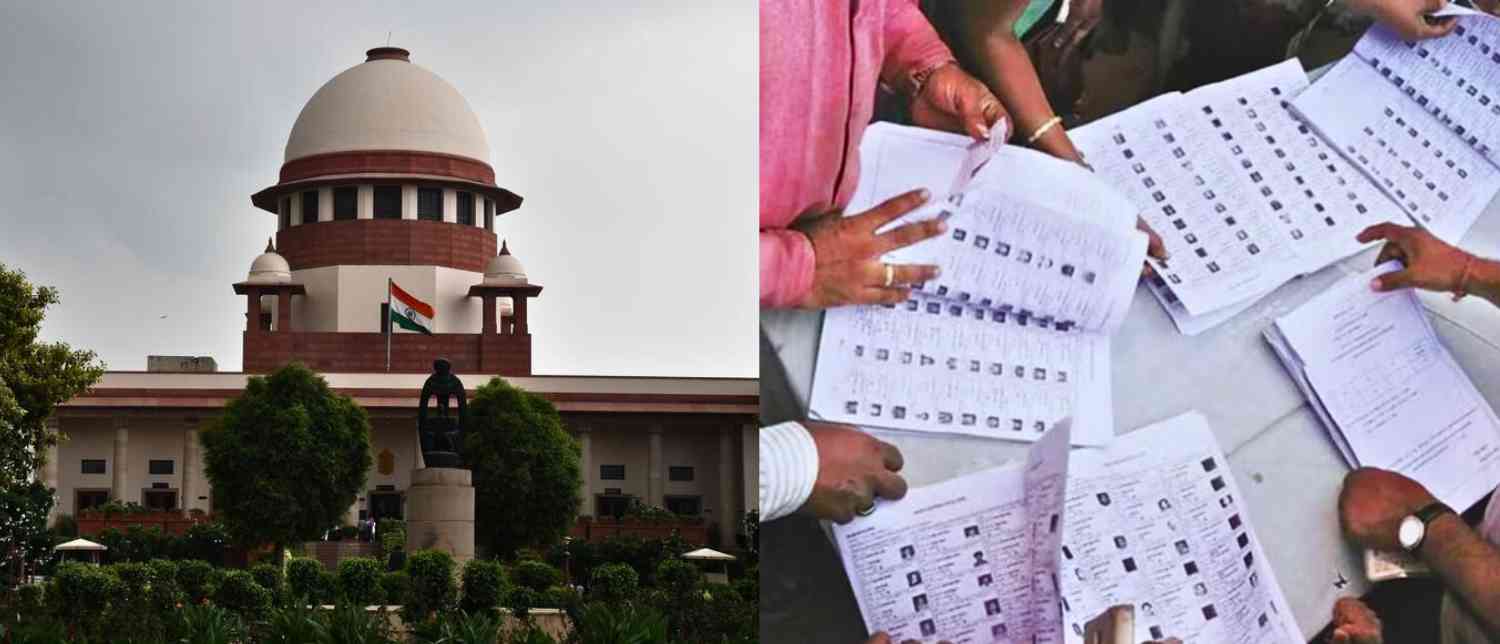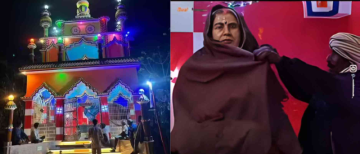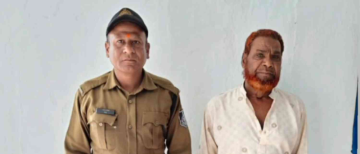The Supreme Court of India has recently asked the Election Commission of India (ECI) to provide a detailed response regarding the deletion of approximately 65 lakh voters from the draft electoral rolls in Bihar. This issue arose after the ECI published a draft voter list on August 1, 2025, during a Special Intensive Revision (SIR) exercise for Bihar ahead of its upcoming state assembly elections.
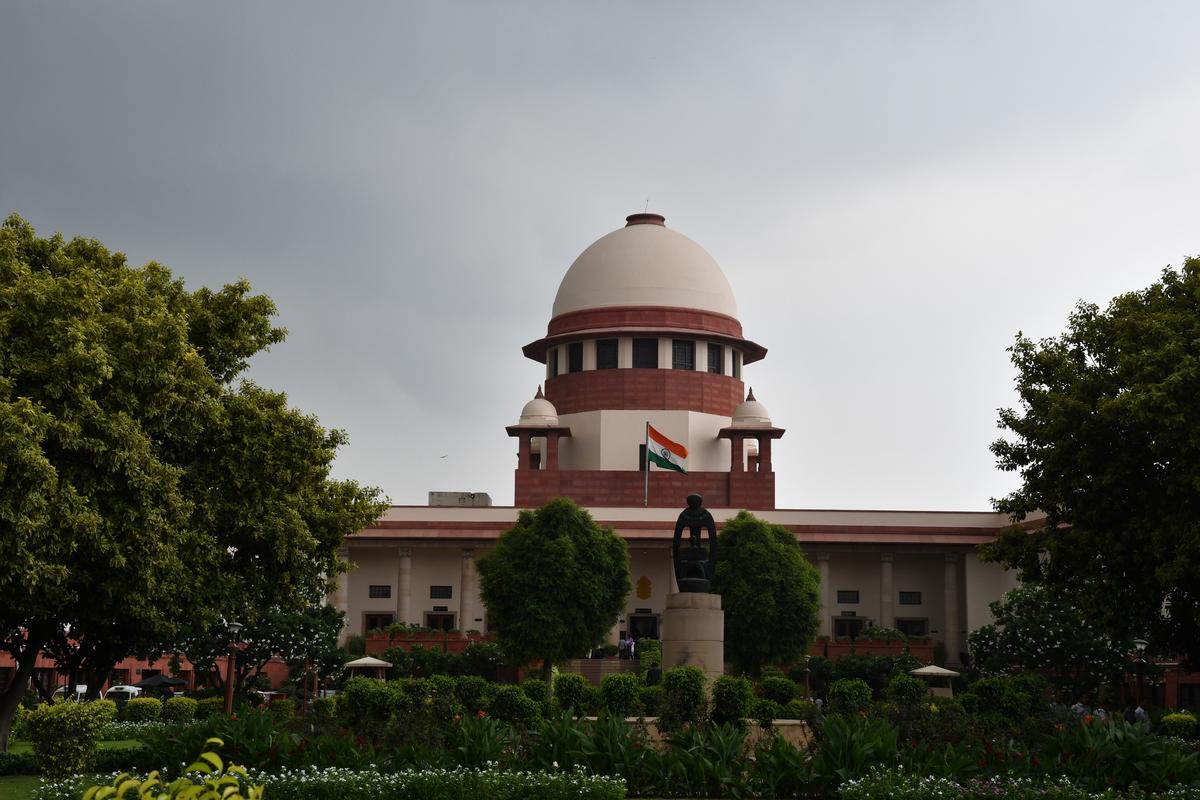
The Association for Democratic Reforms (ADR), an NGO, filed an application raising concerns about the transparency of this deletion process. The ADR argued that the ECI did not disclose the names or details of the omitted voters, such as whether they had died, migrated, or were removed for other reasons. They challenged whether the deletion was done fairly and in accordance with proper procedures, especially since the list was not shared with political parties at the block level, and it was unclear if Booth Level Officers (BLOs) recommended the removals.
During the hearing on August 6, 2025, the Supreme Court bench led by Justices Surya Kant, Ujjal Bhuyan, and N.K. Singh instructed the ECI to file a reply by August 9, explaining who these 65 lakh individuals are and on what basis their names were dropped. The Court wants to ensure that voters' rights are not arbitrarily violated. The bench emphasized the importance of disclosing details such as whether the omitted voters are dead or have migrated permanently and whether BLOs recommended each deletion. The Court also noted the information is critical as, according to ECI data, around 22 lakh were reported dead, 7 lakh had duplicate registrations, and 35 lakh were migrants or untraceable.
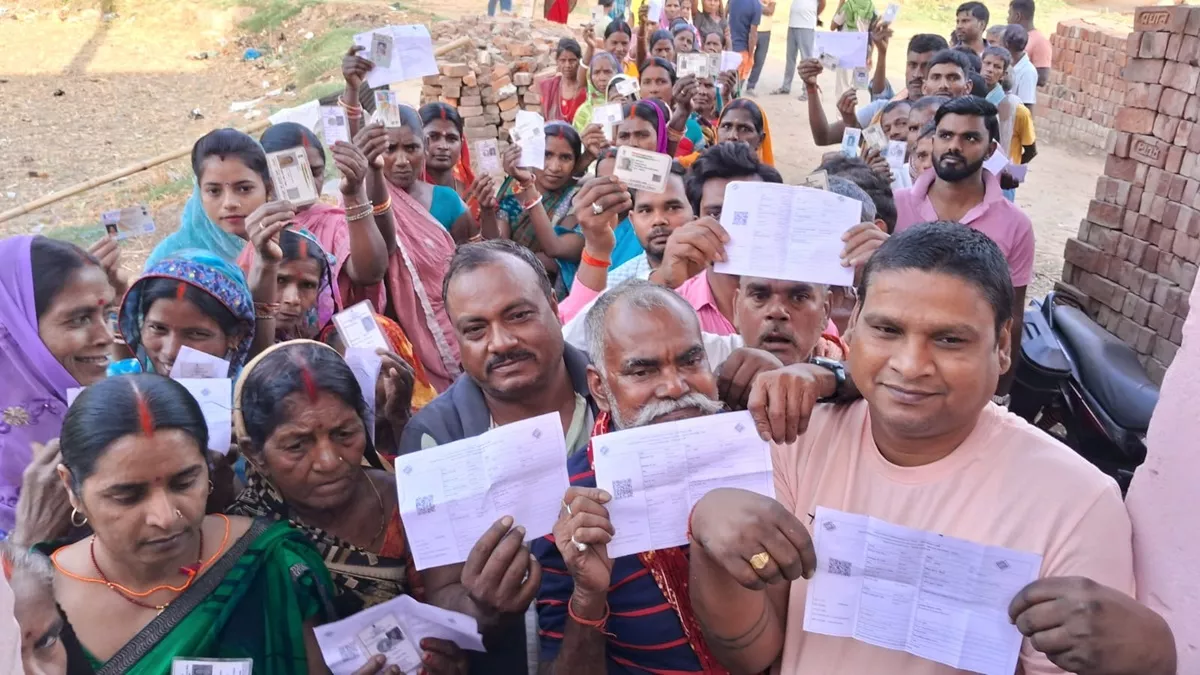
The ECI asserted that the information had been shared with representatives of political parties, but the Court demanded details of who exactly received this data and called for transparency. The Court aims to balance the need for accuracy in electoral rolls with the fundamental right of citizens to vote, ensuring no voter is unfairly removed from the list.
This case brings into focus the procedural and constitutional challenges involved in revising electoral rolls, which aim to clean up the voter list by removing ineligible names but must be done carefully to avoid disenfranchisement. Critics argue that the timeline for this revision is too short given the nearing elections, and the process must not marginalize vulnerable communities such as the poor, migrants, or minorities. The ECI defends the exercise as fulfilling its constitutional mandate under Article 324 and the Representation of the People Act to maintain accurate electoral rolls.
Ultimately, the Supreme Court’s insistence on details and transparency reflects an attempt to uphold democratic principles. The decision will address if the SIR was conducted fairly, whether adequate safeguards were followed, and if citizens’ electoral rights are protected in a sensitive pre-election context. The case is being closely watched as it impacts not only Bihar but sets a precedent for electoral roll management across India.
In summary, the Supreme Court is seeking clarity on why and how the names of 65 lakh Bihar voters were deleted in the recent revision, demanding the Election Commission to be transparent and accountable. This move highlights the importance of balancing electoral integrity with citizen rights, ensuring the democratic process remains inclusive and fair. The next hearing is scheduled for August 12, 2025.
This situation demonstrates the complexities election bodies face in keeping voter lists current while protecting each eligible voter's fundamental right to participate in elections. It underscores the need for clear communication and procedural fairness in such sensitive revisions.
With inputs from agencies
Image Source: Multiple agencies
© Copyright 2025. All Rights Reserved. Powered by Vygr Media.

